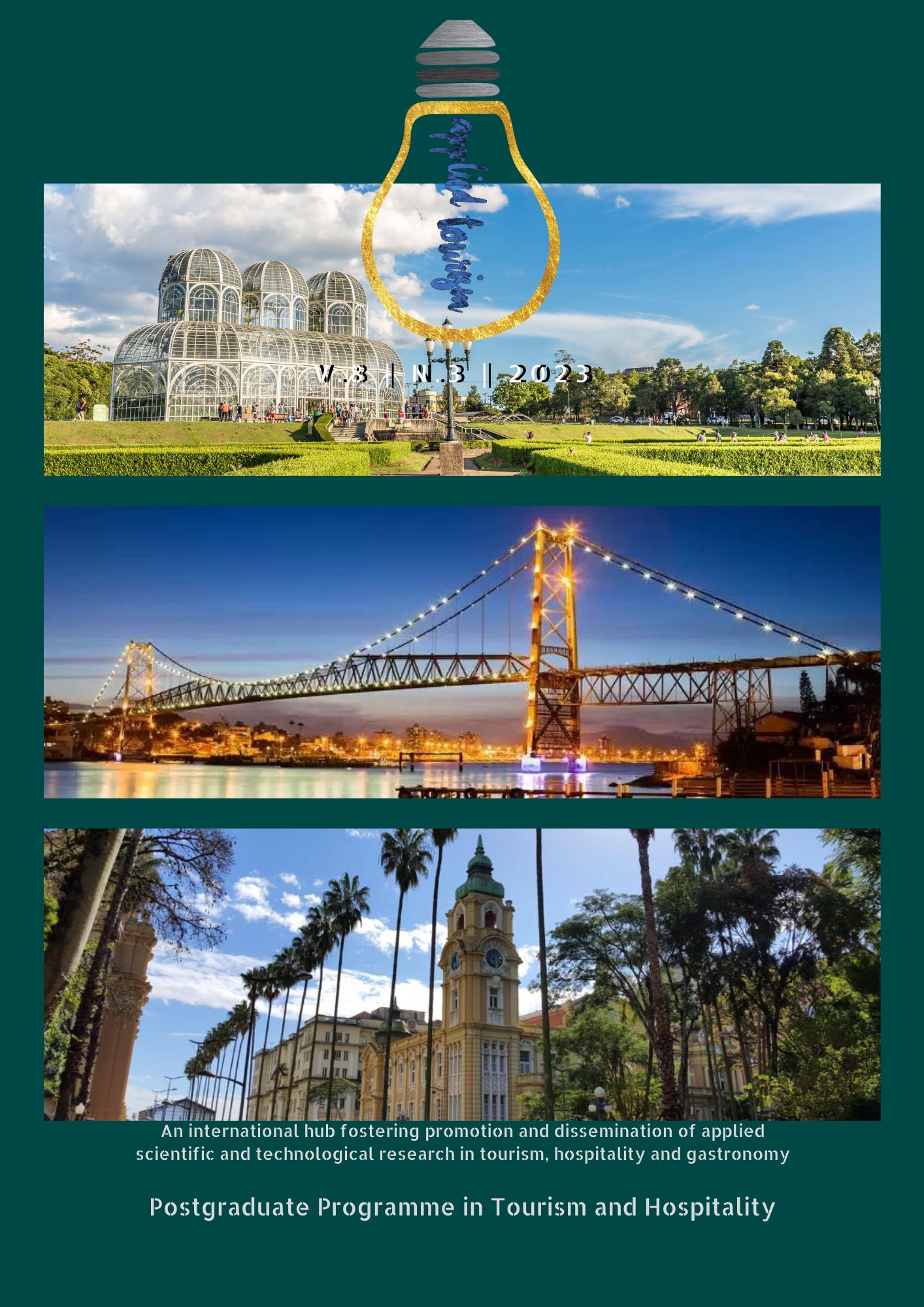Tourism and Impacts of COVID-19:
Perspectives of Tourists Visiting Conservation Units in Paraná (Brazil)
DOI:
https://doi.org/10.14210/at.v8i3.19580Abstract
The search for natural environments is a valued alternative post-lockdown caused by Covid-19. This trend increases interest in the role of Conservation Units - CUs and the perspective of (re) connecting with nature. Thus, this study aims to understand the effects of the pandemic from the perspective of tourists who visit CUs in the state of Paraná. The research has an exploratory nature, adopting a mixed approach with a web survey and documentary research design. The results show that CUs underwent modifications with the outbreak of the pandemic. The use of technologies played a crucial role in keeping tourists informed, allowing them to explore CUs digitally or make reservations. The closure of CUs at various points during the pandemic was a significant hindrance to visitations, along with the fear of leaving home. Concerns such as changes in occupation/work, income, and difficulties in other routine activities also limited travel. However, the respondents understand that at the end of their visitation to the CUs, they tend to recover their well-being. In conclusion, natural spaces are deemed important for the society's mental health, offering the possibility of (re) connecting individuals with nature, highlighting the significance of CUs for mental well-being.
Downloads
Published
Issue
Section
License
Copyright (c) 2023 Wellyngton Fernando Leonel de Souza, Marcos Luiz Filippim, Christopher Smith Bignardi Neves, Marcelo Chemin

This work is licensed under a Creative Commons Attribution-ShareAlike 4.0 International License.
In this term of responsibility I (we) certify the participation in the drafting of the attached article, thereby making public my (our) responsibility for its content. I (we) declare not omitting any connections or financing agreements between I (we) and entities and / or institutions that may have an interest in the publication of this article. I (we) certify that the article is original and that the work, in whole or in part, or any other work with content substantially similar to my (our) authorship, in any other format (printed or electronic), was not sent to another journal and will not be sent while is being considered by the Applied Tourism. In this consent form, the authors give permission to the journal, in the case of approval by the Editorial Board, for the publication of the attached article in hard copy and/or electronic form, in a regular edition of the journal.










